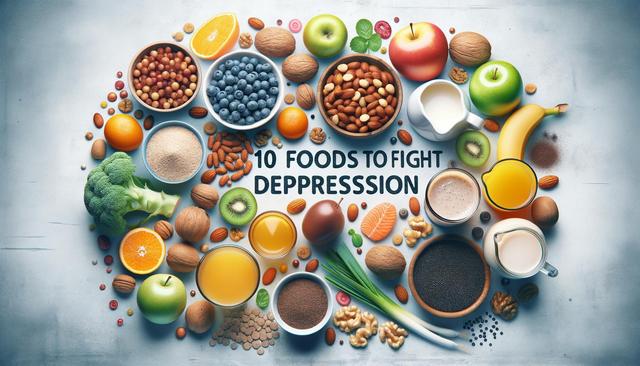The Power of Fatty Fish
Fatty fish, including salmon, mackerel, and sardines, are rich in omega-3 fatty acids, which play a crucial role in brain health. Omega-3s are known for their anti-inflammatory properties and are essential components of brain cell membranes. Consuming omega-3 foods for depression may help regulate mood and reduce symptoms of depression by supporting neurotransmitter functions. Studies have suggested that individuals with low levels of omega-3s may experience more frequent depressive episodes. Adding fatty fish to your diet a few times a week can be a beneficial step towards managing depression naturally.
The Nutritional Value of Leafy Greens
Leafy greens such as spinach, kale, and Swiss chard are packed with nutrients that support mental health. These vegetables are high in folate, a B-vitamin that aids in the production of dopamine and serotonin, which are neurotransmitters linked to mood regulation. Additionally, leafy greens contain magnesium, which has been associated with improved mood and reduced symptoms of depression. Incorporating a variety of leafy greens into your meals can enhance your overall nutrient intake, supporting both physical and mental well-being.
Embracing the Mediterranean Diet
The Mediterranean diet, known for its emphasis on whole foods, olive oil, and lean proteins, has been associated with lower rates of depression. This diet encourages the consumption of fresh fruits, vegetables, whole grains, and nuts, all of which provide essential nutrients that support brain health. Foods to avoid with depression often include highly processed items that may contribute to inflammation and mood swings. By adopting a Mediterranean diet depression symptoms may be alleviated through improved nutrient intake and balanced eating habits.
The Benefits of Berries and Nuts
Berries and nuts are nutritional powerhouses that can positively impact mental health. Berries, such as blueberries and strawberries, are rich in antioxidants that protect brain cells from oxidative stress. Nuts, including walnuts and almonds, provide healthy fats and proteins that support brain function. Together, these foods can contribute to a diet that helps stabilize mood. Including a handful of nuts or a serving of berries in your daily diet can be a simple yet effective way to support mental well-being.
Addressing Depression and Food Insecurity
Food insecurity can significantly impact mental health and exacerbate depression. Ensuring access to nutritious foods is essential for supporting mental well-being. Community programs and initiatives aimed at providing access to healthy foods can play a crucial role in alleviating depression for those facing food insecurity. It is important to raise awareness about the connection between depression and food insecurity, highlighting the importance of addressing both issues to improve overall mental health.
Conclusion
Incorporating these foods into your diet can be a practical approach to supporting mental well-being. From omega-3-rich fatty fish to the broader benefits of the Mediterranean diet, these dietary choices can positively impact mood and overall health. It’s essential to consider not only what we eat but also the accessibility of these foods to ensure that everyone can benefit from their mental health advantages. By making informed food choices, we can take steps toward a healthier and more balanced life.
